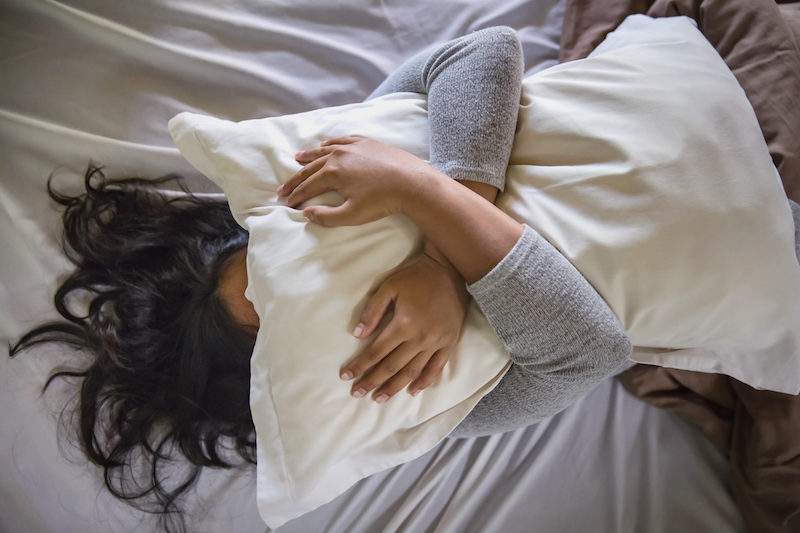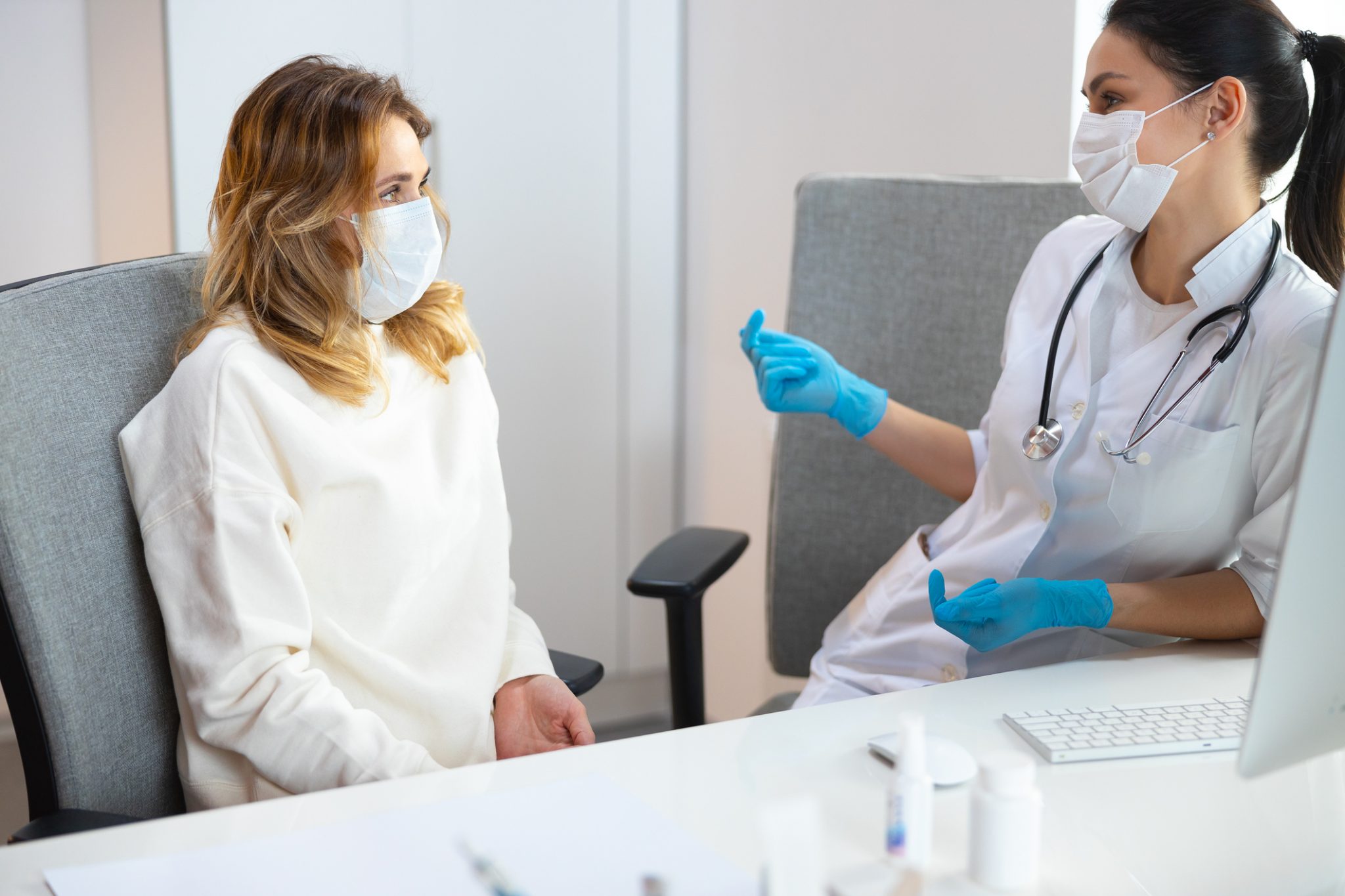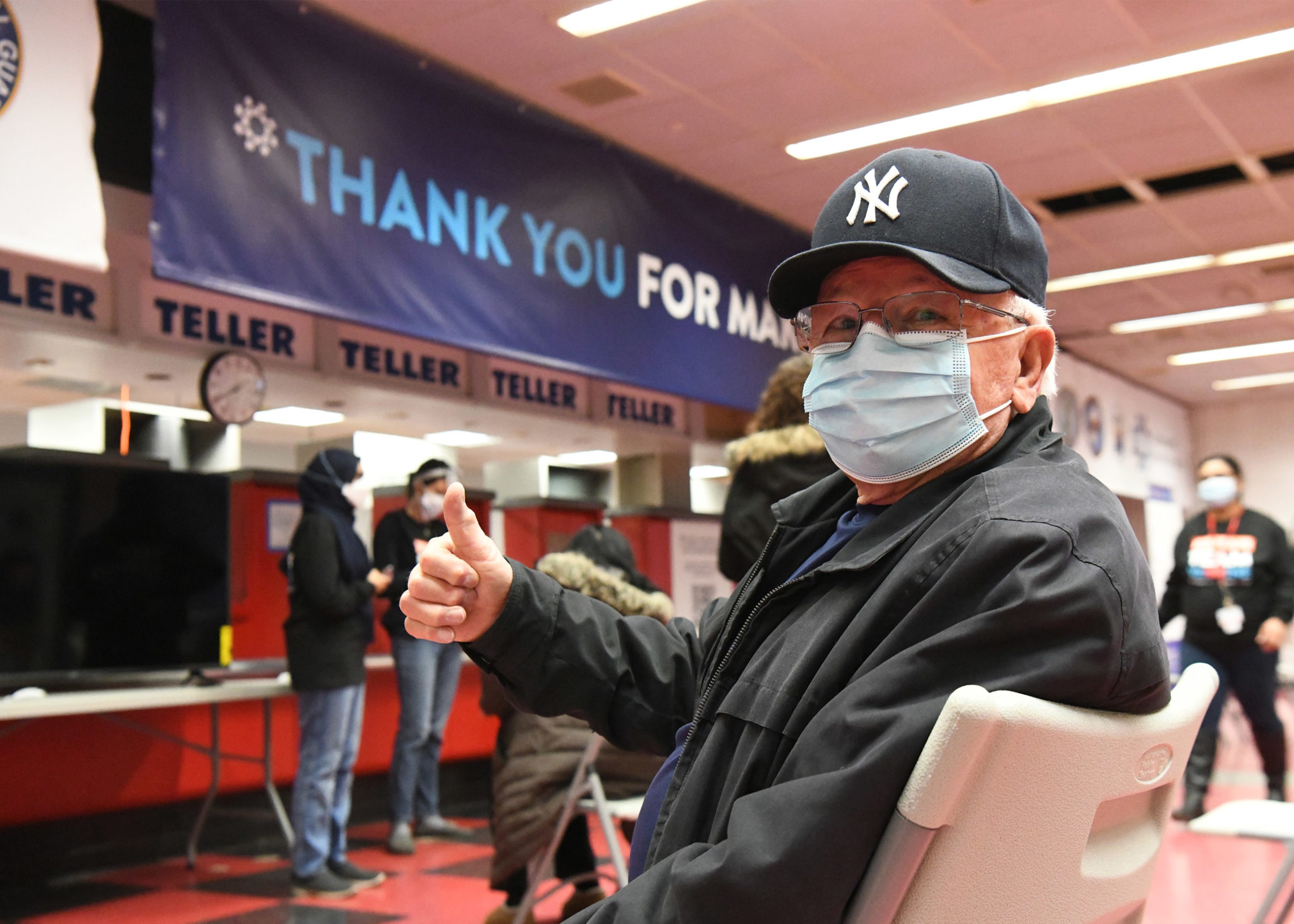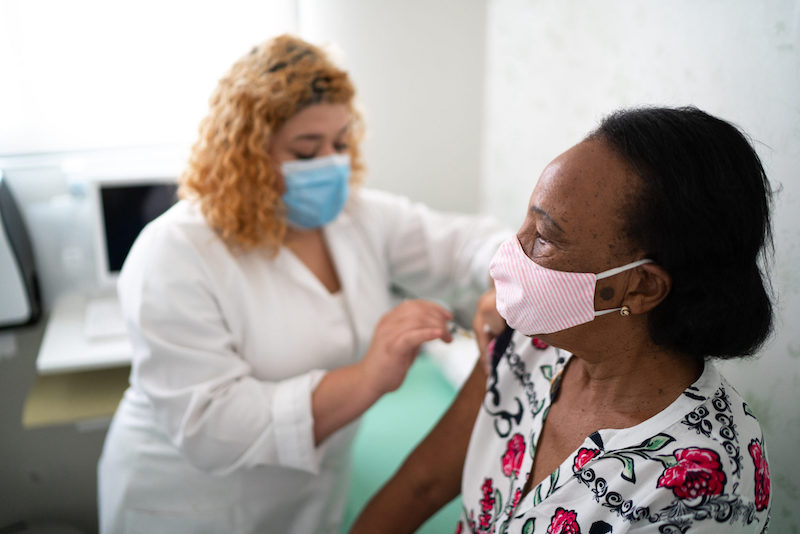

Information regarding COVID-19 and vaccines are continually evolving, new details may be available since this content was developed. Please visit the CDC's website for the most up to date information.
Even for those who have never contracted COVID-19, the pandemic has taken a toll on many people’s health.
Among the main pandemic-era health concerns is insomnia, or the ability to fall and/or stay asleep. The effects on sleep have been so significant that, within the first weeks of the shutdown in 2020, prescriptions for sleep medications in the U.S. increased by 14.8%.
While it’s true that some COVID survivors with long-term symptoms experience insomnia, the Centers for Disease Control and Prevention (CDC) does not list this sleep disorder as a common COVID-19 symptom. Rather, many of the new cases of insomnia are caused by pandemic-related stress.
“In the past year, we have definitely seen an increase in insomnia and sleep disorders across all age groups,” says Adrian Pristas, M.D., medical director of Sleep Medicine at Bayshore Medical Center and Riverview Medical Center.. “There has been so much to worry about during the pandemic—avoiding the illness, working remotely, helping kids with remote school—and all of these stressors can cause anxiety or depression, which can lead to insomnia.”
Dubbed “coronasomnia,” sleepless nights can also be caused by a total disruption of daily routines, monotony in the day or complete lack of a daily routine.
How to Get Some Zs
“Fortunately, one sleepless night does not mean you now have insomnia,” says Dr. Pristas. “With a few simple changes to your daily habits, you can get your sleep back on track.”
If the past year has left you tossing and turning at bedtime, here are a few tips to help you catch some Zs:
- Establish a routine and stick to it. This means waking up and going to bed at the same times every day and creating a relaxing bedtime routine. Dim the lights, have a warm cup of caffeine-free tea or read a book—anything that helps you wind down.
- Get moving during the day. Studies have shown that regular exercise, specifically moderate aerobic exercise like walking, can help people with insomnia fall asleep faster and stay asleep longer.
- Turn off your devices. Blue light from cell phones, tablets and computers can suppress the secretion of melatonin, the hormone that makes you sleepy. Avoid this by powering off at least an hour before bed.
- Don’t use your bedroom as an office. Your body should associate this room with sleep, not work. If you can’t avoid a bedroom workspace, at the very least, don’t work in bed.
- If sleep evades you, get out of bed. “Getting anxious about sleep can actually perpetuate the problem,” says Dr. Pristas. “If you don’t fall asleep after about 30 minutes, get out of bed and engage in a relaxing activity or meditation.”
- Talk to your doctor. If your insomnia has been persistent for a few weeks, your doctor can help find the right solution for you.
Next Steps & Resources:
- Meet our source: Adrian Pristas, M.D.
- More information on COVID-19 and the vaccine
Find a doctor near me

7 Things Doctors Are Doing to Keep Patients Safe

How to Prepare for Your COVID-19 Vaccine
